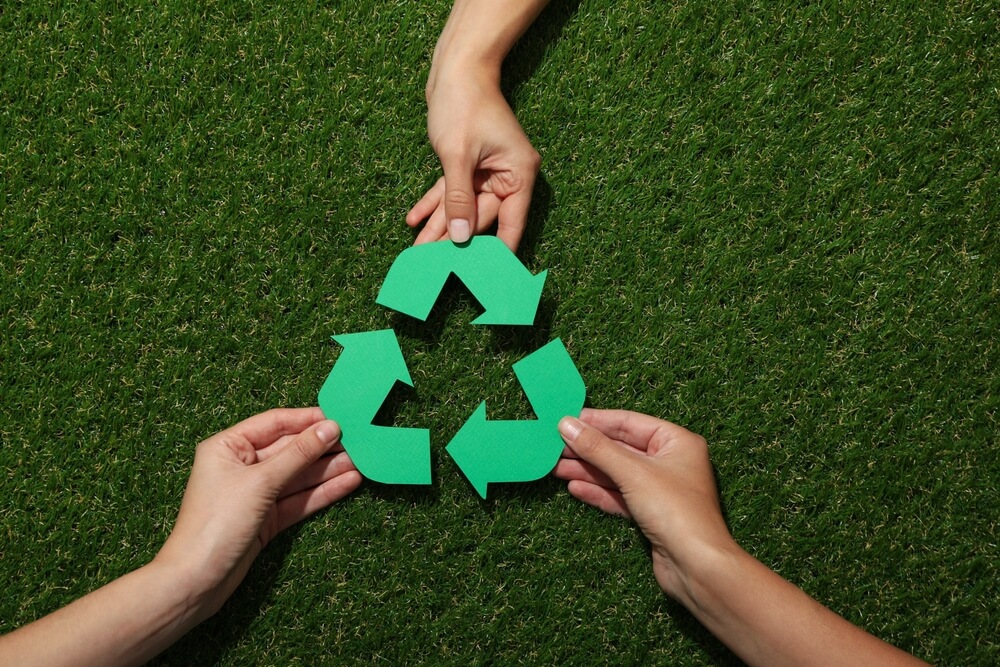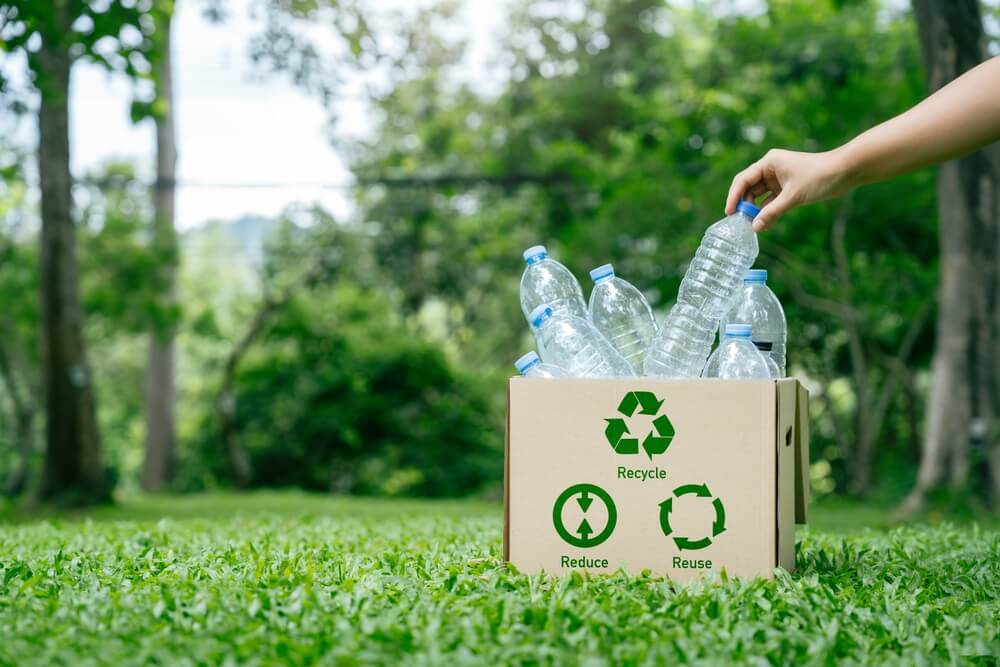Recycling is a vital part of modern environmental sustainability efforts. It helps conserve resources, reduce waste, and lower greenhouse gas emissions. But how exactly are products recycled, especially plastics, bottles, and bags? In this blog, we’ll explore the general process of recycling with a particular focus on plastics and the role individuals play in this eco-friendly practice.
The Process of Recycling
Recycling involves several key steps that transform waste into reusable material. While the specifics can vary depending on the product, the general recycling process includes the following stages:
Collection and Sorting
The first step is collecting recyclable materials, often through curbside collection programs, recycling centers, or drop-off points. Once collected, the materials are sorted by type. Automated machines or manual sorting methods separate materials like paper, glass, metals, and plastics.
Cleaning and Preparation
After sorting, recyclables are cleaned to remove contaminants such as food residue or labels. This cleaning step ensures the final recycled material is pure and free from impurities that could affect its quality or usability.
Shredding and Breaking Down
After cleaning, the materials are processed into smaller pieces. For example, metals and plastics may be shredded, while glass is broken into small chunks. This stage prepares the material for reprocessing into new products.
Melting or Pulping
Certain materials, such as metals, glass, and plastics, are melted down or pulped to create raw material for new products. Paper, for instance, is pulped and turned into a slurry to remove ink and contaminants. Similarly, plastic is melted to create pellets, which are then used to make new products.
Reshaping and Manufacturing
Finally, the melted or processed materials are reshaped into new products. For instance, melted aluminum might be cast into new cans, or plastic pellets could be used to make bottles, packaging, or even fabrics. Once the reshaped products are manufactured, they’re distributed and reintroduced into the market for use.
The recycling process saves energy and resources by reusing materials rather than extracting and processing raw resources from the Earth. However, not every material is recycled at the same rate or efficiency, leading us to the question of which product is the most recycled.
What is the Most Recycled Product?
When people think of recycled products, items like paper, plastic bottles, or aluminum cans likely come to mind. However, the most recycled product in the world is actually steel. Steel is nearly 100% recyclable, and it is recycled more than all other materials combined, including paper, plastic, and aluminum.
Steel can be recycled indefinitely without losing any of its strength or quality. It’s used in a variety of products such as automobiles, appliances, construction materials, and packaging. The steel recycling process involves melting down old steel items and reshaping the material into new steel products. Since steel is easy to separate from waste through magnets, the recycling rate for steel is exceptionally high.

Other highly recycled products include:
Plastic Bottles
Plastic bottle recycling has become increasingly important, especially with the rise in consumer demand for eco-friendly solutions. These bottles are often melted down and remolded into new products, from clothing fabrics to new bottles. Efforts to increase recycling rates for plastic bottles continue to grow worldwide.
Plastic Bags
While plastic bag recycling faces significant challenges, many communities are introducing specialized recycling programs to handle them. These bags can often be recycled into new bags or even durable outdoor products like furniture or decking.
Plastic Containers and Packaging
Plastic containers and packaging—such as yogurt cups, food trays, and clamshell packaging—are also frequently recycled. These plastics are often processed and reused to create new products, including building materials and items like park benches and flooring.
Aluminum cans
Aluminum recycling is also a highly efficient process. It takes only about 5% of the energy required to make new aluminum from raw ore to recycle used aluminum cans.
Paper
Paper products, including newspapers, office paper, and cardboard, are widely recycled. Recycled paper is often used to make new paper products or cardboard.
Glass
Glass bottles and jars are another common recyclable product. Like steel and aluminum, glass can be recycled repeatedly without losing its quality.
Although these materials are commonly recycled, not all products can be recycled, or they face significant challenges in doing so.
What Products Cannot Be Recycled?
While many everyday items are recyclable, some products either cannot be recycled or are challenging to process due to material composition or contamination. Here are some examples of items that typically cannot be recycled:
Plastic Bags
Although made from plastic, most curbside recycling programs do not accept plastic bags due to the risk they pose to recycling machinery. They can get tangled in sorting equipment, causing costly delays.
Styrofoam
Also known as polystyrene, Styrofoam is a type of plastic that is difficult and costly to recycle. While some specialized programs accept it, most municipal recycling programs do not.
Ceramics and Porcelain
Items like dishes, mugs, and toilets are generally not recyclable because they require special handling and cannot be processed as glass.
Electronics
Electronics, while recyclable, cannot be placed in regular recycling bins due to the complexity of their components. They often need to be taken to specialized recycling centers that can properly handle materials like metals, plastics, and hazardous components.
Hazardous Materials
Items like batteries, light bulbs, and paint are often considered hazardous and cannot be placed in regular recycling bins. These require specialized disposal to ensure safety and environmental protection.
Food Waste or Contaminated Items
Items soiled with food or grease, such as pizza boxes or food containers, are often not recyclable. The contamination from food can disrupt the recycling process and result in poor-quality recycled material.
Partner with Us
Tradepro has been a trusted partner in the plastics recycling industry. At Tradepro, we envision a world where resources are valued, ethically sourced, and repurposed to create a cleaner, greener planet for tomorrow.
If you’re looking to partner with a company dedicated to sustainability and plastic recycling, contact us today and be part of the solution.

